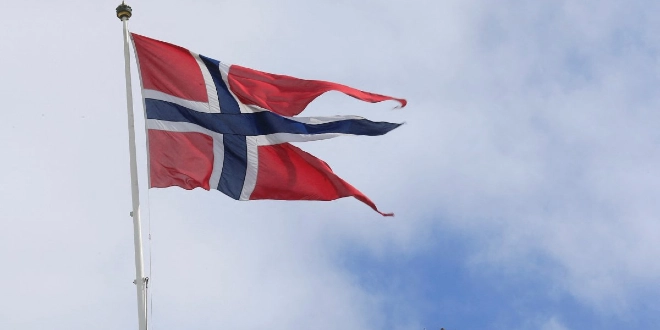Norway’s $2 trillion sovereign wealth fund—the largest in the world—has announced it will divest from six companies with operations connected to the West Bank and Gaza. The decision follows a formal ethics review into the fund’s Israeli holdings, amid mounting scrutiny over investments linked to the ongoing conflict.
The fund did not immediately disclose the names of the companies involved. Instead, it said the identities and the ethical grounds for exclusion will be published once the divestment process is finalized. This approach, the fund noted, is consistent with its policy of completing sales before making public disclosures to avoid market disruptions.
Ethics Review and Strategic Shifts
The move comes after an urgent investigation launched earlier this month, following reports that the fund had acquired a stake in an Israeli jet engine manufacturer servicing Israel’s military, including fighter jet maintenance. The revelations prompted pressure for the fund to reassess the ethical dimensions of its exposure to companies operating in conflict-sensitive areas.
The Ethics Council, which serves as the watchdog for the sovereign wealth fund, said it would continue quarterly evaluations of Israeli companies. The council issues recommendations on exclusions or monitoring, ensuring that the fund’s investments align with Norway’s ethical guidelines, particularly regarding human rights, international law, and environmental concerns.
In addition to the targeted exclusions, the fund revealed it has also sold off positions in other Israeli companies not covered by the ethics review. These sales followed a separate internal decision to hold only those Israeli firms included in its benchmark index, effectively narrowing the scope of its market exposure.
Impact on Israeli Investments
As of August 14, the fund reported holdings of 19 billion Norwegian crowns ($1.86 billion) spread across 38 Israeli-listed companies. This marks a significant reduction from June 30, when it held stakes in 61 firms—a drop of 23 in just over six weeks. Once the six additional divestments are completed, the number will decline further.
The fund also confirmed last week that it was terminating contracts with all three of its external asset managers responsible for handling segments of its Israeli portfolio. This decision underscores a broader strategic retreat from investments perceived as incompatible with its ethical standards.
Political Context in Norway
The announcement comes against the backdrop of domestic political debate. In June, Norway’s parliament rejected a proposal calling for the wealth fund to divest entirely from companies involved in the occupied Palestinian territories. Lawmakers instead endorsed a more selective, case-by-case approach, balancing financial performance with the fund’s ethical guidelines.
By excluding six companies while retaining exposure to others, the fund appears to be following that path—tightening oversight without executing a full withdrawal from Israel’s economy.
 The Daily Star Ireland
The Daily Star Ireland

